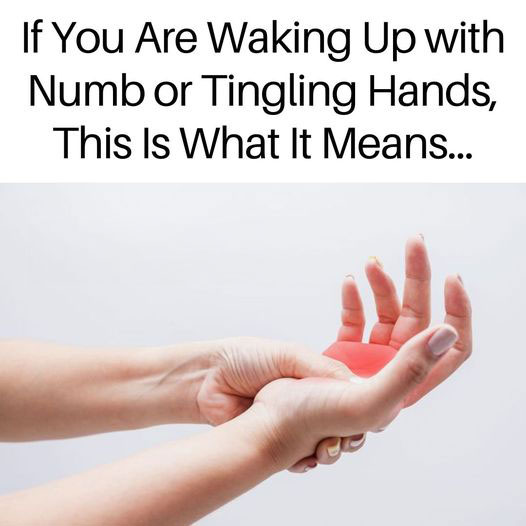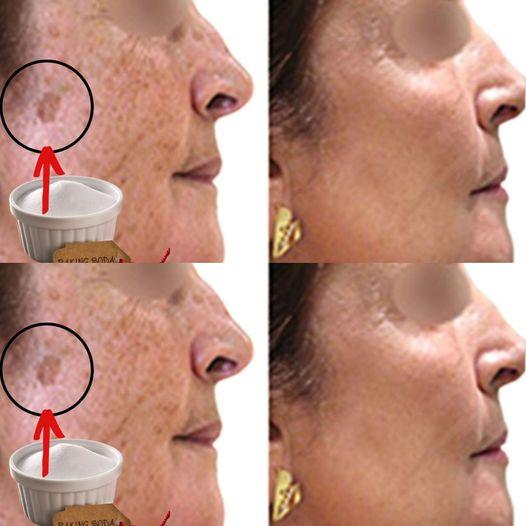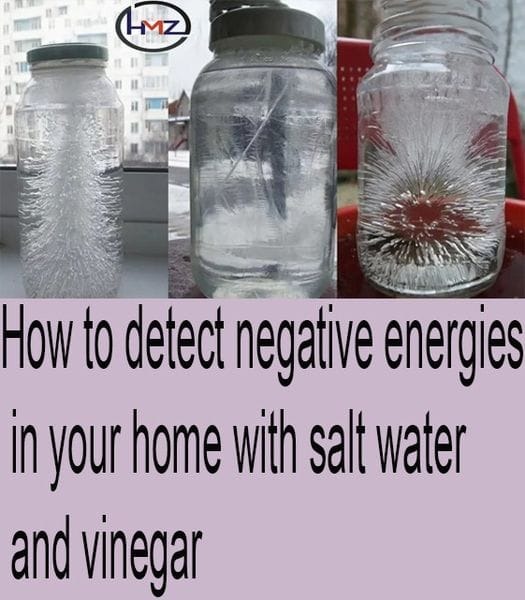
Tingling or Numb Sensations: Causes and Remedies
Experiencing tingling or numb sensations in your hands can be unsettling, especially when it happens frequently. Whether it feels like pins and needles or a complete loss of sensation, understanding the causes can help ease your concerns and guide you toward effective solutions.
What Are Tingling or Numb Sensations?
Tingling or numb sensations often occur when there is a disruption in nerve function or blood flow. While occasional symptoms are usually harmless, persistent or severe cases may indicate an underlying health condition.
Common Causes of Tingling or Numb Sensations in Hands
1. Sleep Position
Waking up with a numb hand is a common experience. This often happens due to lying on your arm or hand, which compresses nerves and restricts blood flow.
Quick Fix:
- Change your sleeping position to relieve pressure on your arm.
- Use supportive pillows to maintain proper alignment.
2. Repetitive Motions
Activities like typing, writing, or using tools can compress nerves over time. For instance, carpal tunnel syndrome occurs when the median nerve in the wrist is compressed, causing numbness and tingling.
Preventive Tips:
- Take regular breaks to stretch your wrists.
- Use ergonomic tools to minimize strain.
- Practice proper posture while working.

Read more: Combine Cloves with Vaseline: A Hidden Skincare Hack
3. Vitamin B12 Deficiency
Vitamin B12 is essential for nerve health. A deficiency can lead to tingling or numb sensations in the hands and feet, along with fatigue and muscle weakness.
At-Risk Groups:
- Vegans or vegetarians with limited dietary B12 intake.
- Individuals with absorption issues, such as Crohn’s disease.
Solution:
- Include B12-rich foods like eggs, dairy, or fortified cereals in your diet.
- Consider supplements if dietary changes are insufficient.
4. Electrolyte Imbalance
Low levels of calcium, potassium, or sodium can disrupt nerve signals, leading to tingling sensations. Dehydration, medications, or underlying health conditions are common causes.
Stay Balanced:
- Drink plenty of water.
- Eat nutrient-dense foods.
- Consult a doctor if symptoms persist.
5. Diabetes and Peripheral Neuropathy
Prolonged high blood sugar can damage peripheral nerves, causing diabetic neuropathy. This condition often results in tingling or numb sensations in the hands and feet.
Key to Prevention:
- Manage blood sugar levels effectively through diet and medication.
- Regularly monitor your glucose levels.
6. Neck or Spinal Issues
Conditions like herniated discs or neck spondylosis can compress nerves, causing tingling sensations in your hands. These symptoms may be accompanied by stiffness or neck pain.
Relief Options:
- Engage in physical therapy to strengthen supporting muscles.
- Improve posture to reduce strain on your neck and spine.
- Seek medical intervention for severe cases.
7. Autoimmune Disorders
Diseases such as rheumatoid arthritis or multiple sclerosis can damage nerves, leading to tingling or numb sensations. These conditions often present additional symptoms like joint pain or muscle weakness.
Management:
- Work with a specialist to develop a treatment plan.
- Use medications or therapies to control symptoms and reduce discomfort.
8. Poor Circulation
Cold, pale, or numb hands—especially in cold weather—may indicate Raynaud’s phenomenon. This condition narrows blood vessels, reducing blood flow to your hands and feet.
Simple Tips:
- Keep your hands warm with gloves or hand warmers.
- Engage in light exercises to boost circulation.
- Avoid smoking, which can worsen circulation problems.
9. Nerve Compression
Non-cancerous growths, such as ganglion cysts, can press on nerves, causing numbness or limiting movement.
Treatment:
- Consult a healthcare provider to evaluate the growth.
- Options may include draining the cyst or surgical removal.
10. Infections
Certain infections can directly affect nerves, causing tingling or numb sensations in the hands. Examples include:
- Shingles: Causes nerve inflammation and a painful rash.
- Lyme Disease: Spread by tick bites, it can lead to numbness and joint pain.
Treatment:
- Use antibiotics or antiviral medications as prescribed by your doctor.
When to Seek Medical Attention
While occasional tingling or numb sensations are typically harmless, persistent or severe symptoms may indicate a serious condition. Consult a healthcare professional if:
- Symptoms worsen or do not improve with home remedies.
- You experience additional symptoms like pain, weakness, or swelling.
- Numbness spreads to other areas of your body.
Preventing Tingling or Numb Sensations
Here are some general tips to prevent these sensations:
- Maintain a healthy diet rich in essential nutrients like vitamin B12.
- Stay hydrated to avoid electrolyte imbalances.
- Incorporate regular exercise to improve circulation and nerve health.
- Use ergonomic tools and take breaks during repetitive tasks.
Read more: Experience the Power of Clove Tea: Uncover the Incredible Benefits of Boiling Cloves
Final Thoughts
Tingling or numb sensations in your hands can stem from simple lifestyle habits or more serious health conditions. Identifying the root cause is the first step toward relief. Whether it’s adjusting your sleep position, managing your diet, or seeking medical advice, there are plenty of ways to address these symptoms effectively.
Next time you notice unusual sensations in your hands, consider your habits and overall health. With the right approach, you can minimize discomfort and improve your quality of life.











